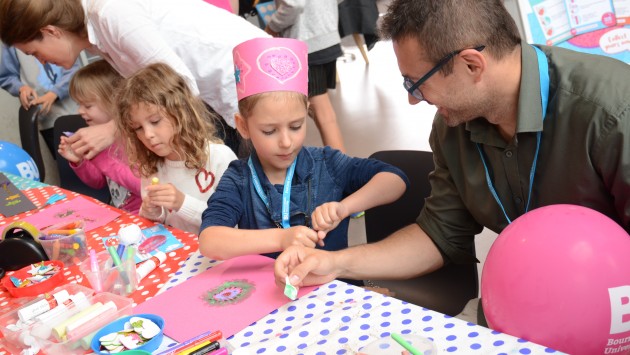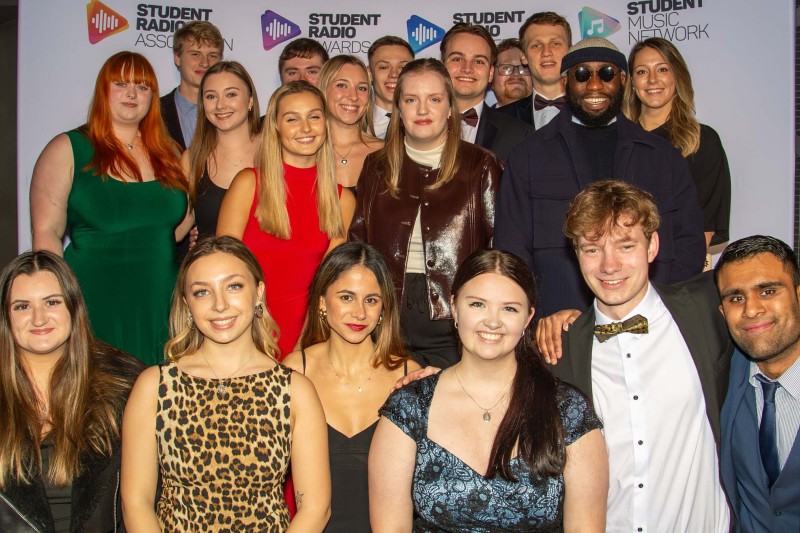Thousands of people enjoyed free events and activities which took place during Bournemouth University’s sixth Festival of Learning.
The Festival ran from Saturday 16 to Wednesday 20 June, with over 90 free events which aimed to bring learning to life and shared BU’s research and expertise in engaging and accessible ways.
Events included a Festival for the Family at BU’s Talbot Campus, talks at AFC Bournemouth and the RNLI, and a range of professional development and learning opportunities.
Exhibitions, performances, talks and workshops – covering everything from digital health technology to the impact of Brexit on local businesses and the future of British seaside piers – were also on offer.
Festival Director Jane Kavanagh-Lauridsen said: “The Festival has gone really well and we’re delighted that so many people came and had such a good time at the university.
“We had a huge range of events, covering archaeology and things from the past to artificial intelligence and the future and everything in between, so it’s a brilliant way of showcasing what’s going on at the university.
“I think it’s really important that we open our doors and people can see what’s going on, and the feedback that we’ve had has been brilliant so we’re really happy.”
Biological anthropologist, broadcaster and author Professor Alice Roberts was the Festival for the Family guest speaker, giving two sold out talks about the domestication of species including dogs, apples, and wheat.
She said: “I think events like the Festival of Learning is just what universities should be doing – they should be throwing open their doors to the public and showing people what goes on inside a university.
“We are engines of knowledge, the sources of amazing stories so there’s a cultural enrichment that can happen.
“But also, when people are making decisions about politics or health – whether that’s personally or collectively – we need to have the best evidence, we need to have up-to-the-minute research and this is where that research happens, so there’s another good reason for universities engaging with the public.”
See more highlights from the Festival
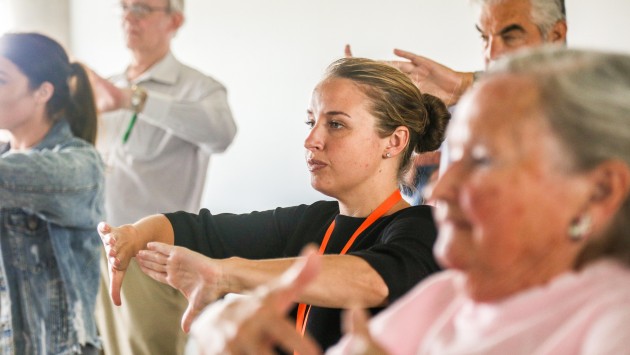
Ageing well
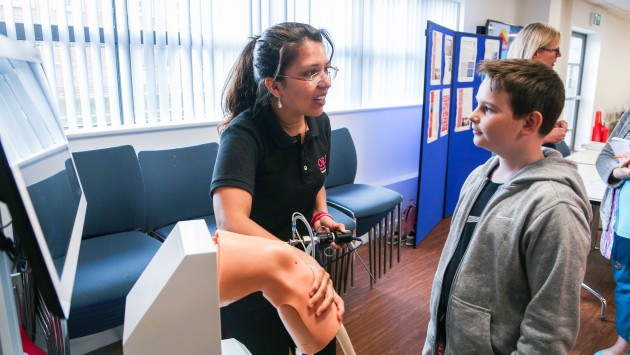
surgery simulator at ORI
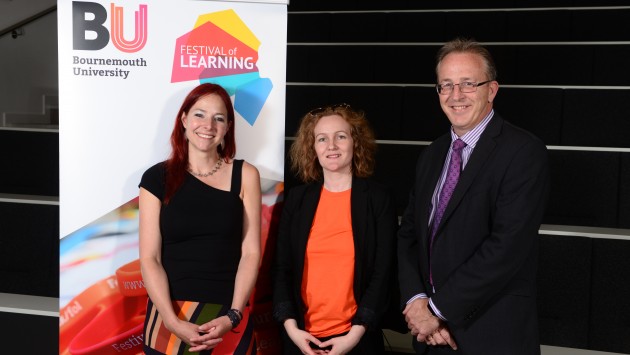
Professor Alice Roberts at Festival of Learning 2018
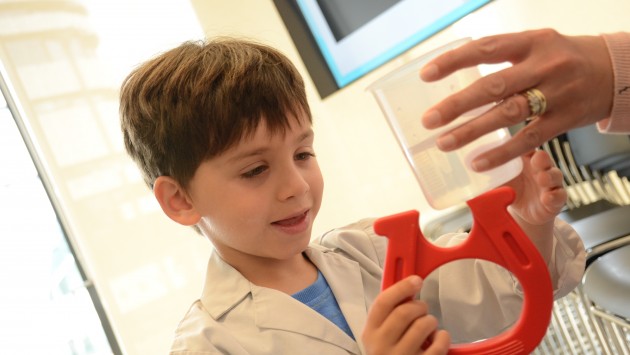
Mini Professors
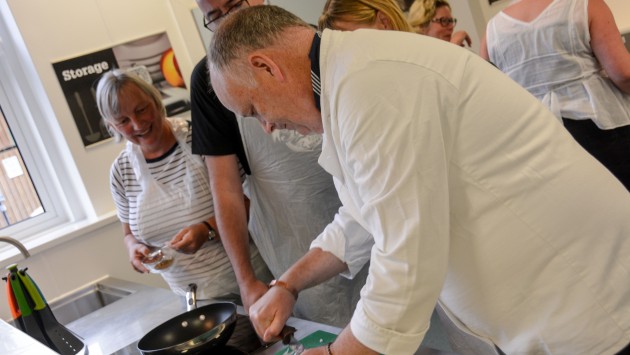
What makes flavour
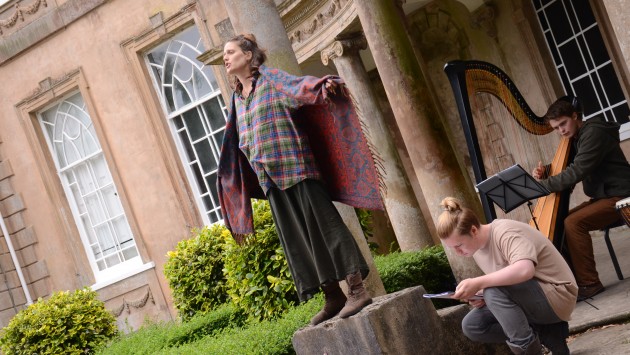
Feral at Upton Country Park
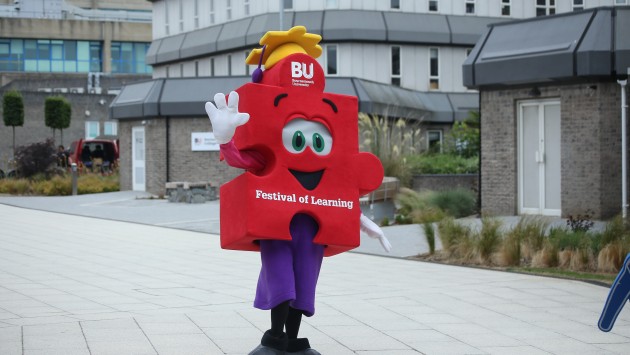
Professor Puzzles
